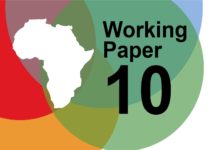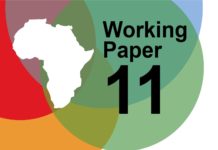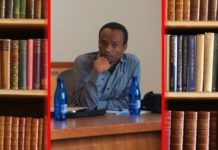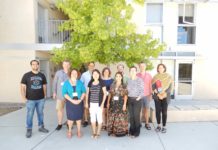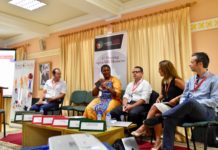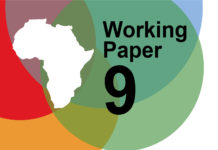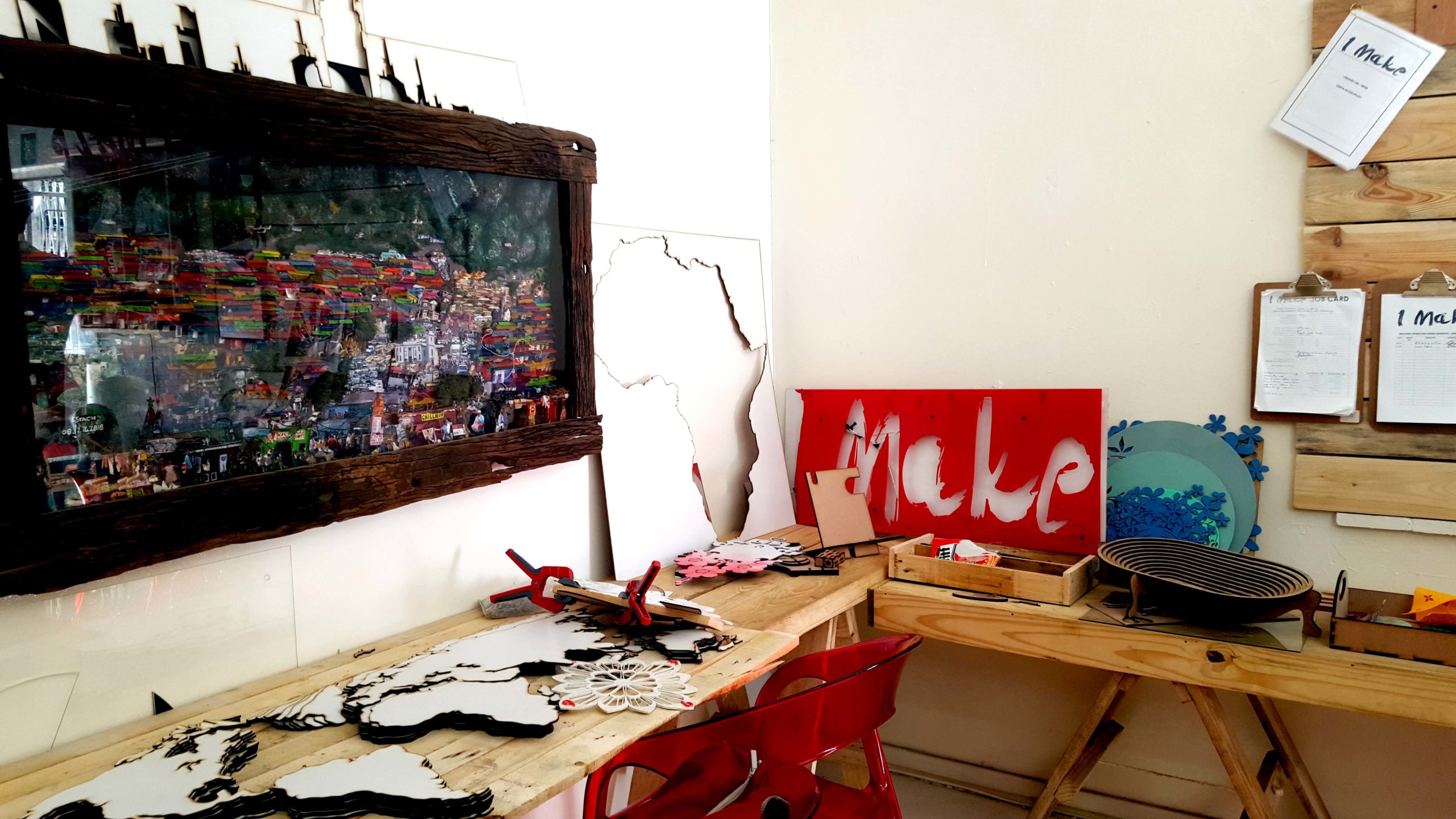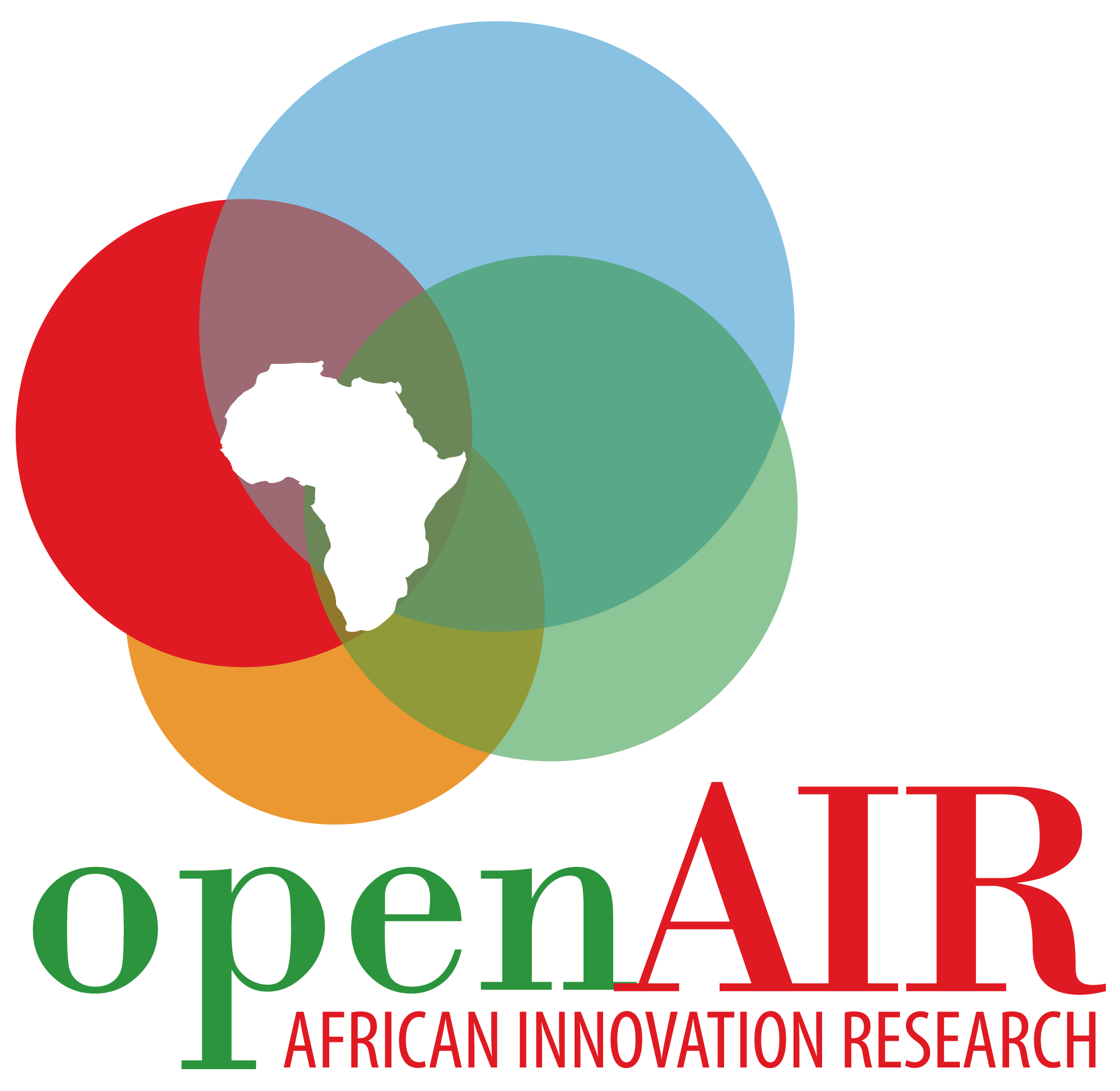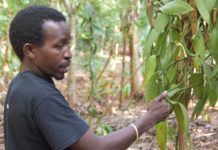Towards an Alternative Assessment of Innovation in Africa
Authored by: Nagla Rizk, Ayah El Said, Nadine Weheba and Jeremy de Beer
Abstract: This background paper is drafted with the purpose of revisiting the...
Behind the Number: A Review of Index Methodologies to Improve Innovation Measurement in Africa
This paper reviews the methodologies of 16 indices in innovation, information and communication technologies, economic environment, governance, and development.
Financing of Innovation
By Eslam Shaaban
For decades, Kodak was a global giant in the photography industry all over the world. Over the past decade, however, their...
Open AIR’s Sileshi Hirko wins competitive grant
Mr. Sileshi Hirko, a PhD candidate in the Common Law Section of the University of Ottawa, has won the Civil Society Scholars Award (CSSA)....
The Many Faces of Scholarly Communications
By Nagham El Houssamy
The FORCE11 Scholarly Communications Institute was held at the University of California San Diego from 31 July until 4 August 2017....
Open AIR Expansion into Morocco
By Sara Yassine
Over the past six months, the Research Laboratory Entrepreneurship and Management of Organizations (LABO-EMO) and Open AIR have been looking at ways...
A Scan of South Africa’s Maker Movement
This paper sets out findings from a national scan of maker collectives in South Africa. The scan gathered data on more than 20 maker communities across five South African provinces.
Africa’s Maker Movement: An Overview of Ongoing Research
Makerspaces are places where people gather to build projects, learn new technologies, and develop entrepreneurial opportunities. Open AIR is conducting research on makerspaces across the African continent.
Perspectives on Research Excellence in the Global South: assessment, monitoring and evaluation in developing-country...
This paper discusses various features of research excellence (RE) in Africa, framed within the context of African science granting councils (SCGs) and pan-African RE initiatives.
Open Data Brings Farmers and Researchers Together
How can farmers and researchers use open data to work together for food security? Open data and other forms of open access to knowledge help facilitate these relationships.

